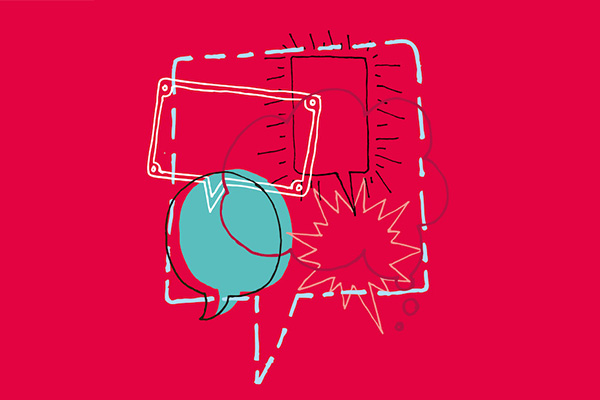David Brookes recently argued that our view of human nature should have profound implications for how we run public services.
David Brookes recently argued that our view of human nature should have profound implications for how we run public services.
What are those implications? Or, as Americans say, “where’s the beef?”
Over the course of this week I am going to try and sketch out what I think are some of the implications for public services of new insights into human nature. Specifically, I will be looking at the implications of findings on the importance of social networks.
Anyone who wants to acquaint themselves with these findings could do worse than listen to lectures at the RSA given by Christakis or Cacioppo or Omerod.
I would really appreciate your feedback on what I write here.
- Do no harm
Although this may seem a fairly obvious principle it does immediately raise the question as to whether social networks are good in and of themselves and whether there are optimal arrangements of social networks. I am indebted to Perri 6 for raising these points with me.
I am not arguing that simply having a large number of friends or acquaintances is a good thing or that there is a perfect arrangement of acquaintances that we should aspire to. However, I think there are clear cases where damaging someone’s social networks can have negative affects on people. For example;
Isolation
We know that loneliness and isolation can be very bad for people. However, those people who are most isolated or lonely are often those who benefit from a large number of public services.
In many cases these public services actually reinforce isolation. This could be through agency care workers that come and go at a bewildering rate or online customer services that are completely impersonal.
Being forced to think about how the bread and butter work of public services can reduce isolation, rather than reinforce it, is one of the most striking challenges to come out of the work on the importance of social networks. This could come through initiatives like TimeBanking, Co-Production or by networking services users, as is done in Southwark Circle.
Governance and participation
For several decades now there has been a cross-party consensus that the users of services should participate in the governance of those services. This can be seen in a range of initiatives from Safer Neighbourhood Teams to tenants sitting on the board of Arms Length Management Organisations for housing stock to Local Involvement Networks for health.
The coalition government have continued this approach, notably encouraging parents to be more involved in the running of schools and giving patients a role in the new health and wellbeing boards.
A social networks perspective throughs up an interesting take on the idea of participation in the governance of public services. One of the strongest reasons for encouraging this type of participation is that service users understand the needs of other services users and are therefore representative of other users, in some sense.
However, a paradox here is that those service users that do participate in this way are often labelled as ‘the usual suspects’ by public officials and their views can be discounted. Worse still, their connections with other service users can be weakened as a result. Partly because they spend so much of their time attending board meetings and the like but more profoundly because they are seen to be part of the system.
The implication is that when public services create space for the participation of service users in governance arrangements they need to ensure that they go out of their way to support these service users to network and remain in contact with as many other service users as is possible.
Disrupting social networks
There are often reasons why government programmes might radically disrupt people’s social networks, for example a transport project, such as a new high speed rail link, or a regeneration project such as the one currently taking place in the Aylesbury estate.
These large infrastructure projects are very difficult to cost. Considerations over land prices, optimism bias from contractors and the availability of finance all need to be weighed up.
It is much harder to put a price on the social networks that are disrupted by such projects. It is also harder to mitigate against the disruption that will be caused. However, I think that one of the conclusions we should draw from insights on the importance of social networks is to be wary of projects that will radically disrupt social networks and take all possible measures to mitigate the damage that might be caused.
I would love to hear your thoughts on what I have written here and whether you think there are other implications for public services.
Related articles
-
Article: Connecting the dots
Matthew Parsfield
Building communities is not only intrinsically good; it can benefit the economy and public services too. Matthew Parsfield reflects on our 'Connected Communities' work.
-
The value of connected communities
Matthew Parsfield
Today we launch the final report from our five year Connected Communities programme.
-
Blog: The language of Pain
Steve Bodycomb
How language and art can be used to help diagnosis and treatment of medical conditions



Be the first to write a comment
Comments
Please login to post a comment or reply
Don't have an account? Click here to register.